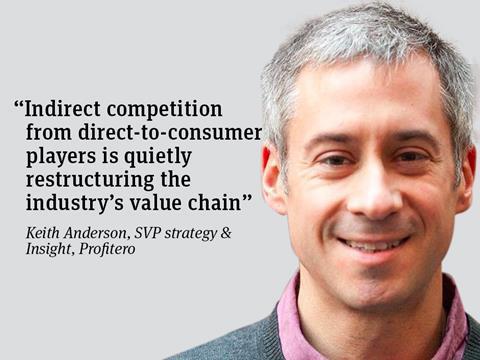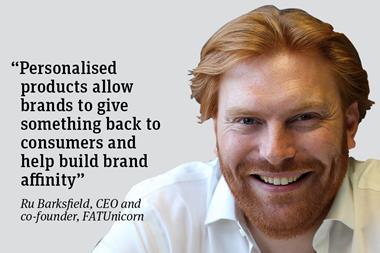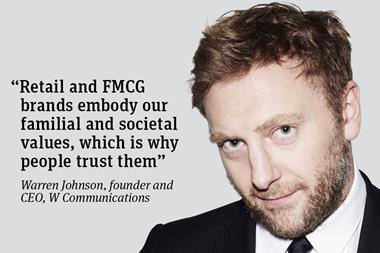
Amid intensifying price competition and the rise of Amazon, another trend is becoming too big to ignore: the rise of direct to consumer (DTC) brands.
Unilever’s $1bn acquisition of Dollar Shave Club renewed interest in the DTC model, but dozens of other well-capitalised brands have already emerged. Brands are growing through non-traditional routes to market, some leveraging early success to later gain listings at traditional retailers.
These players were born after the dawn of smartphones. They are vertically integrated and available directly from the manufacturer. Many emphasise specific benefits like eco-friendliness or ‘free-from’ attributes, and several carry celebrity endorsements. Direct selling isn’t new, so why the explosion now?
Technology has lowered barriers to entry for market entrants. New entrants can develop, brand, market and distribute on-trend products. And brands maintain control over presentation and price. They gain rich insight into who is buying what, and deep, direct consumer connections. And there is the appeal of margin expansion without middlemen.
But most DTC players offer a narrow portfolio of products, brands and categories - significantly limiting their reach and relevance. And operating with excellence as a vertically integrated brand manufacturer and retailer is notoriously difficult.
Still, the onslaught of new brands will continue. Agile new entrants will launch, grow, gain share - and sell out to big brands. Venture capitalists and entrepreneurs will bear the risk of innovation, and acquirers will pay a premium for talent, technology, customer data, and accelerated growth and share gains. In turn, big fmcgs offer economies of scale and channel development.
Incumbent brands, too, will experiment with DTC. With more to lose amid the spectre of channel conflict, large brands will be wary of undercutting retailers’ prices. Retailers, whose investments in own labels have for decades put suppliers on guard, may find the tables turned. The landscape won’t change overnight, but retailers and brands must reconsider their positioning, strategies, and capabilities.
Keith Anderson is SVP strategy & insight at Profitero



















No comments yet